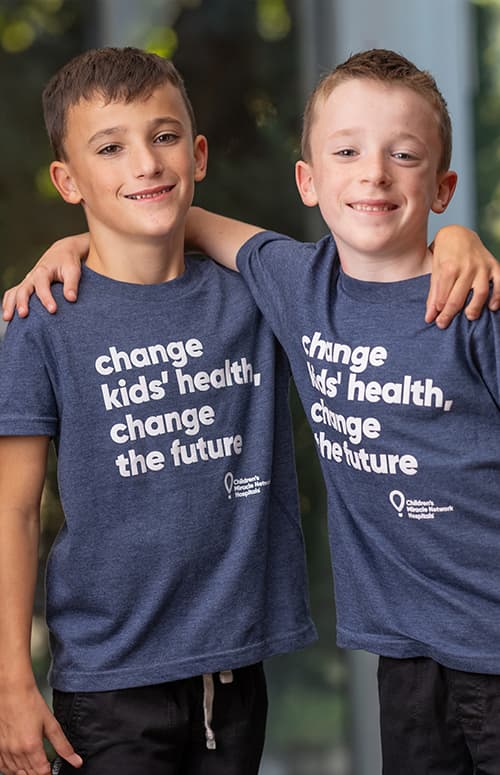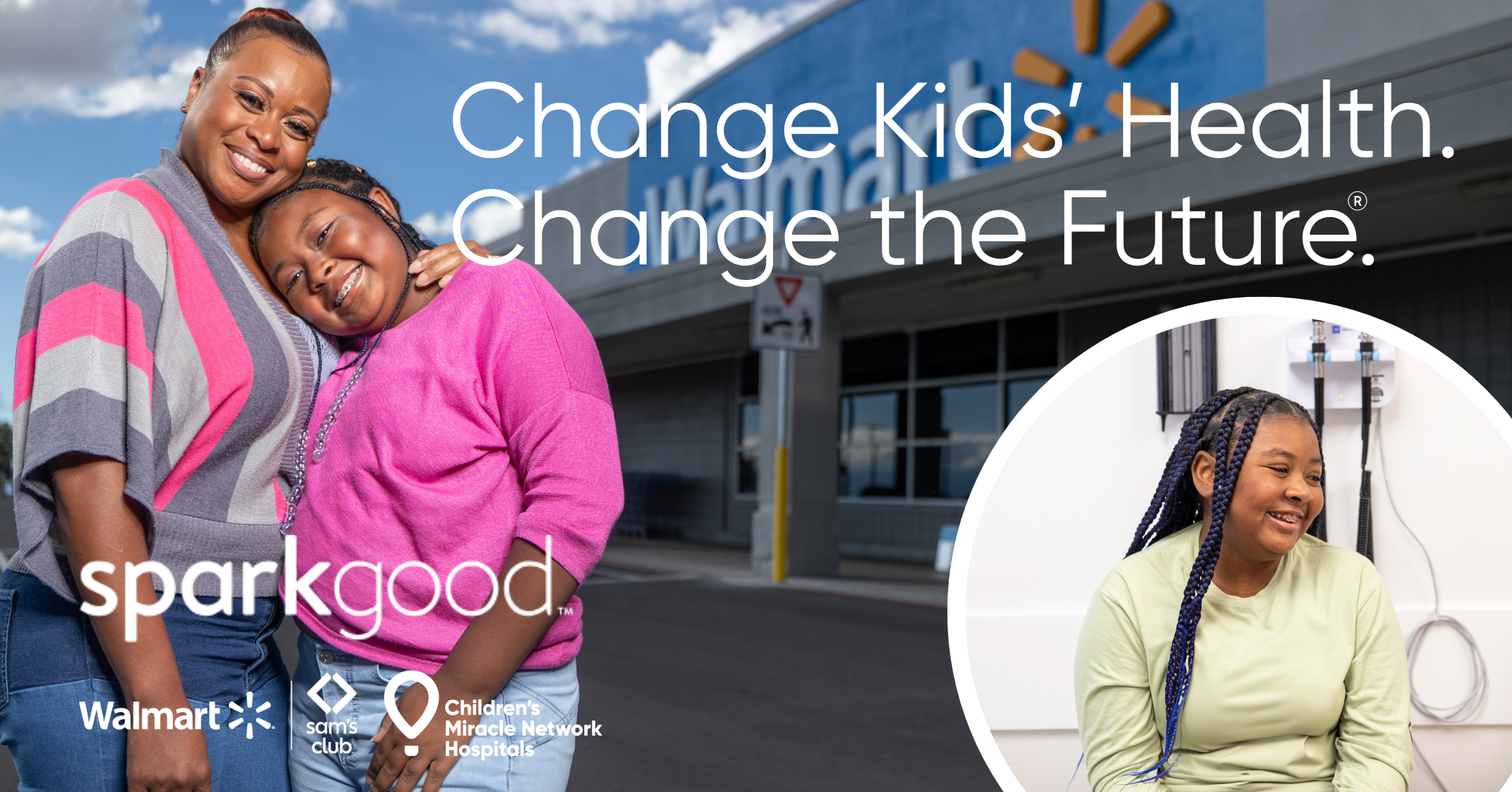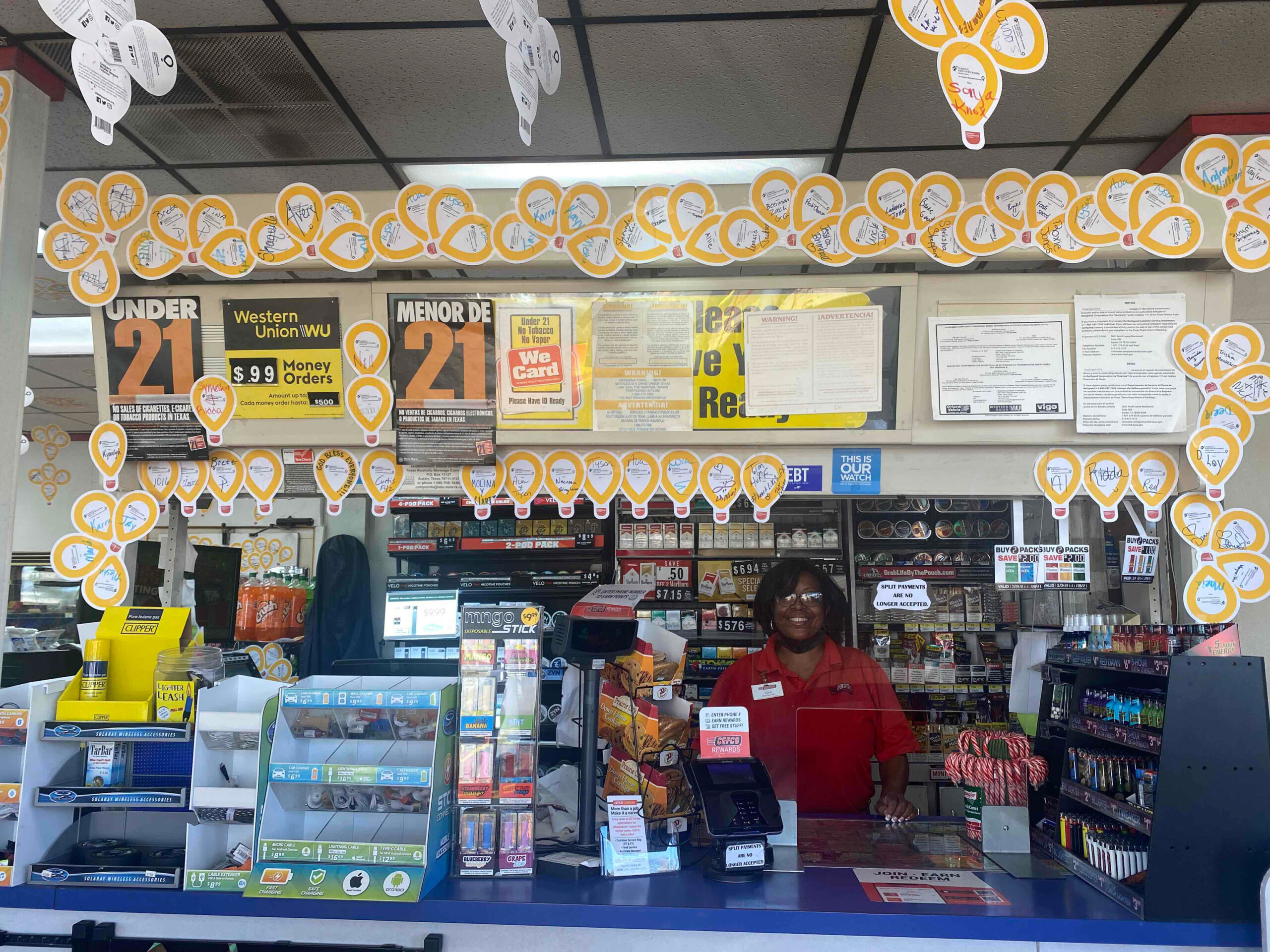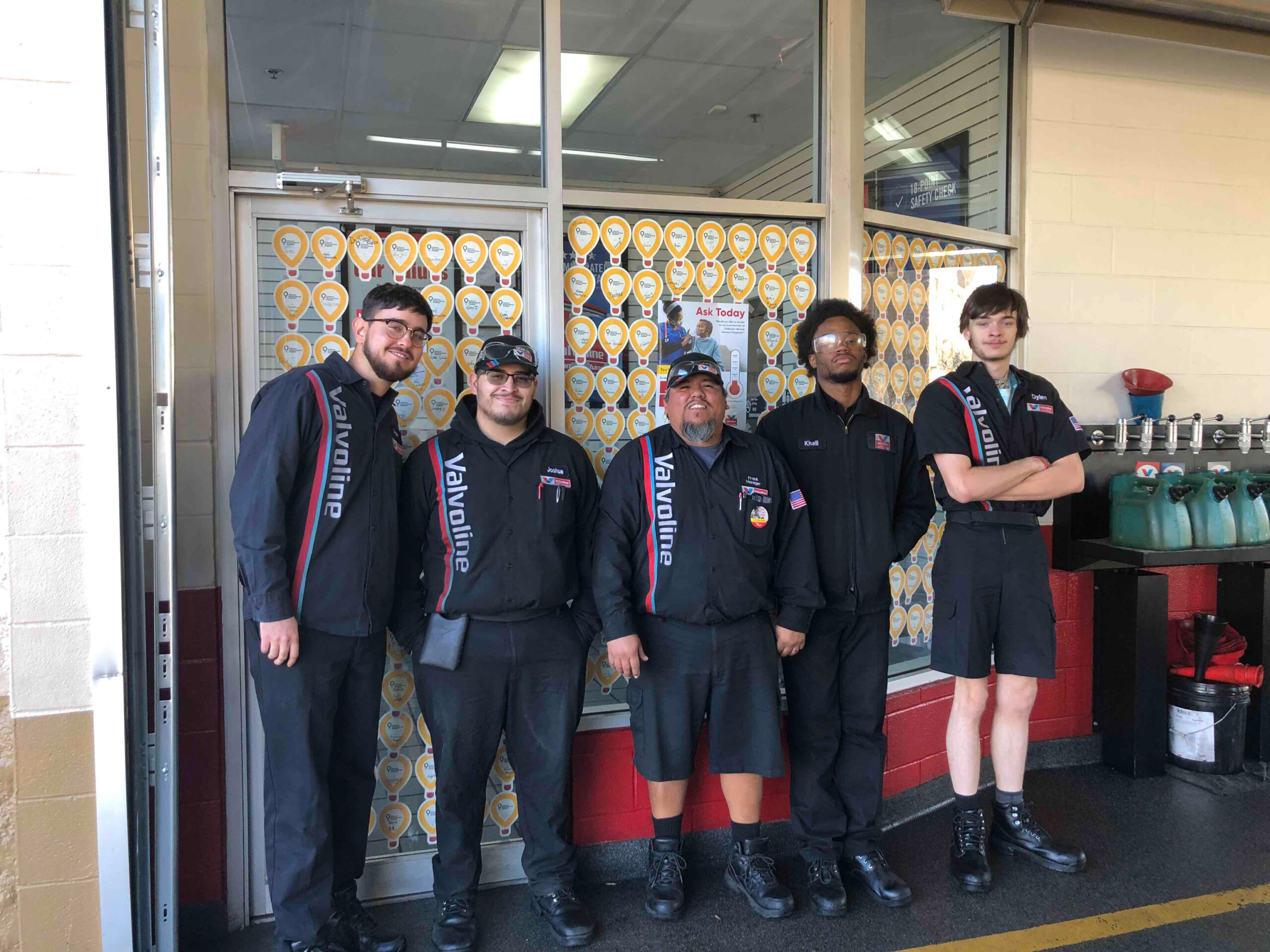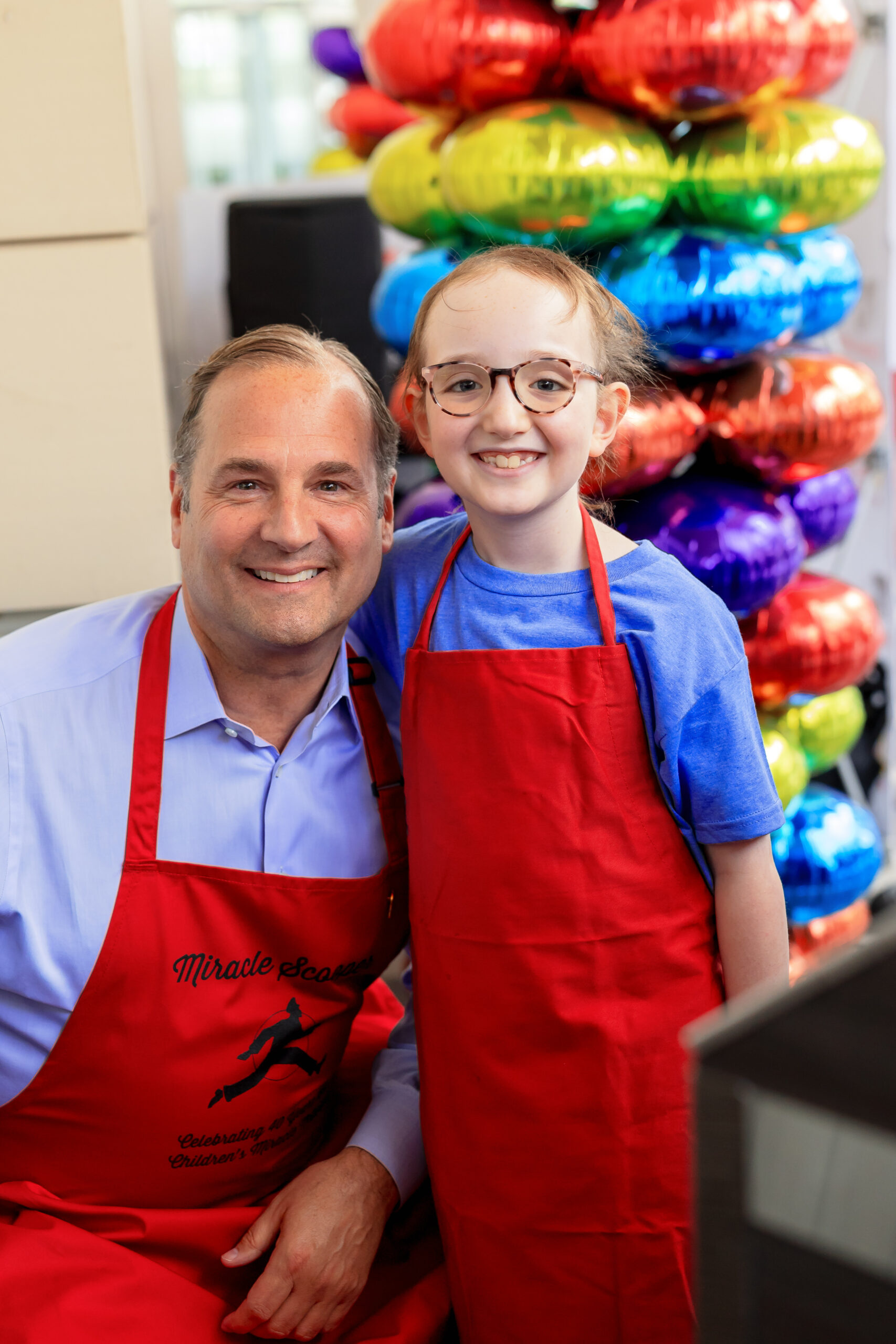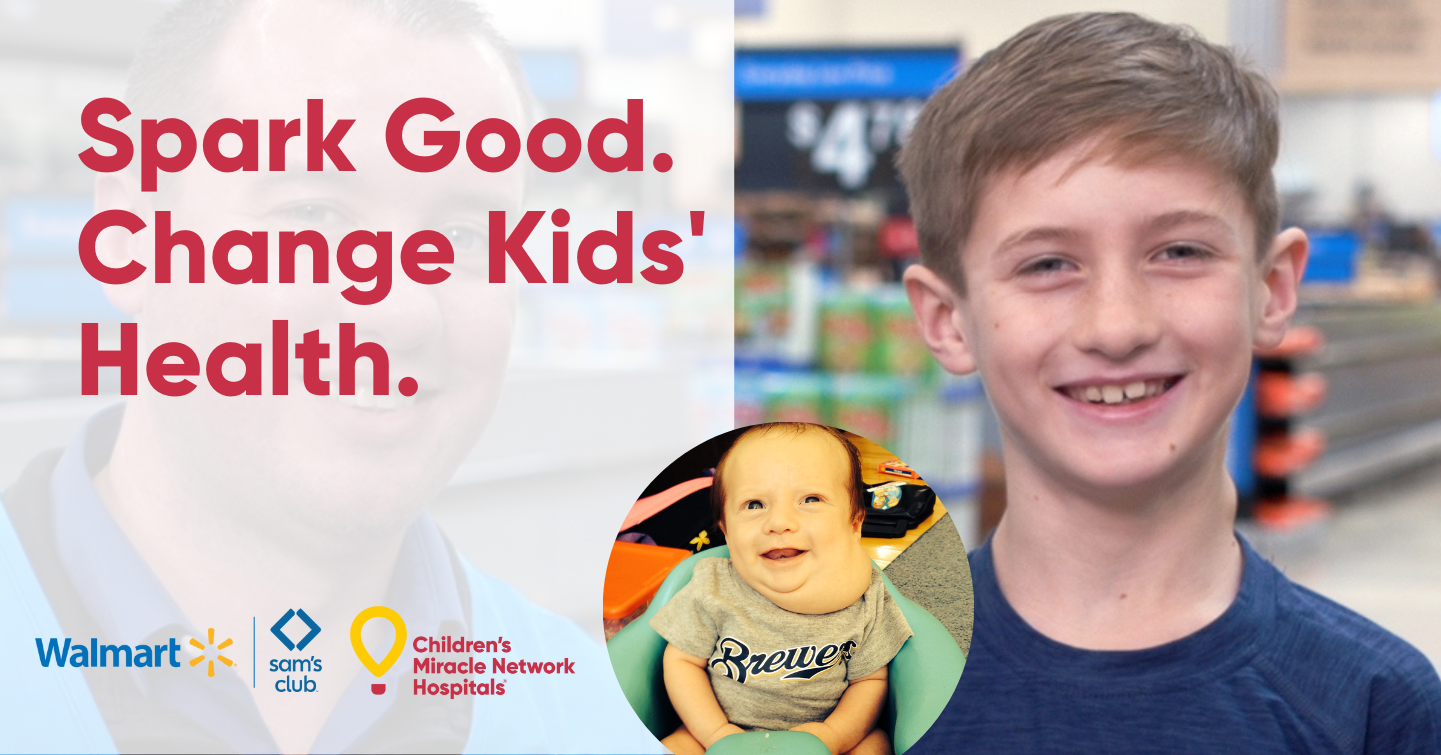Take the Lead: Access to food is one of the greatest challenges facing American children – here’s how we help
Take the Lead is a blog series from Teri Nestel, president and CEO of Children’s Miracle Network Hospitals. In this leadership-focused series, Teri will share her insights and leadership lessons alike.
It may be hard to believe, but 1 in 8 children in the U.S. live in households with food insecurity. That means they don’t have consistent access to enough food to flourish and to have a healthy, active life. The impact of this on children’s health can be devastating, heightening risk factors for chronic health conditions, including obesity, developmental issues and mental health challenges.
Children’s Miracle Network Hospitals is committed to ensuring that every child receives the best possible health care, and that includes access to the nutritious food needed to promote and maintain good physical, emotional and mental health.
In fact, 100% of member hospitals offer resources or programs addressing food insecurity within their communities. In 2022, member hospitals spent more than $17 million on food insecurity initiatives such as:
- Hospital Food Bank & Distribution Programs for patients and families identified as food insecure, such as on-site food pantries, food pharmacies or gardens.
- Community Food Bank Partnerships, working with food pantries, distribution agencies, farms or gardens to provide access to food.
- Food Insecurity Resources, ranging from online libraries to resource guides, classes, school programs, screenings or research.
The food insecurity efforts of member hospitals take many shapes and forms because our unrestricted funding model allows them to develop programs that best suit the needs of their patients and communities.
For example:
- Our Lady of the Lake Children’s Hospital in Baton Rouge connects local food-insecure residents with Geaux Get Healthy a partnership program that bridges the gap between clinical care and community health through screenings, free cooking and nutrition classes, and access to resources.
- Salinas Valley Children’s Hospital in California addresses food insecurity in its Healthy Lifestyles program, which includes a Food Pharmacy.
- Helen Devos Children’s Hospital in Grand Rapids is home to Family Kitchen Rx, a family culinary medicine program for children and families who are dually challenged by food insecurity and obesity.
- University Hospitals Rainbow Babies & Children’s Hospitals provide healthy foods and nutrition information for patients, including a summer meal program for kids.
- Children’s Hospital of Atlanta hosts Camp Strong4Life, assisting families with food access via home delivery of fruit and vegetable subscription boxes.
- UCSF Benioff Children’s Hospital provides families with fresh produce, meats, eggs and whole grains – all free of charge.
The support of community and business partners is essential to all of these programs. In fact, Rite Aid is investing $4.5 million in children’s hospitals across the U.S. in 2023 to fund food insecurity and racial equity programs through its Healthy Futures Connecting Communities signature initiative. Individual hospital grants range from $25,000 to $300,000. Of the 42 hospitals receiving grants this year, 38 are member hospitals.
You can help too, by making a donation and then passing it on! Because changing kids’ health not only means access to the best medical care and treatments, it also means addressing circumstances that cause or intensify the health challenges that kids face.
Go to cmnhospitals.org to find out more about how you can help create a healthier, happier future for families and communities for years to come.
